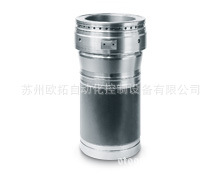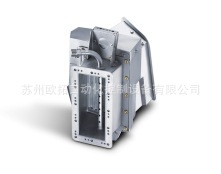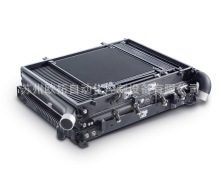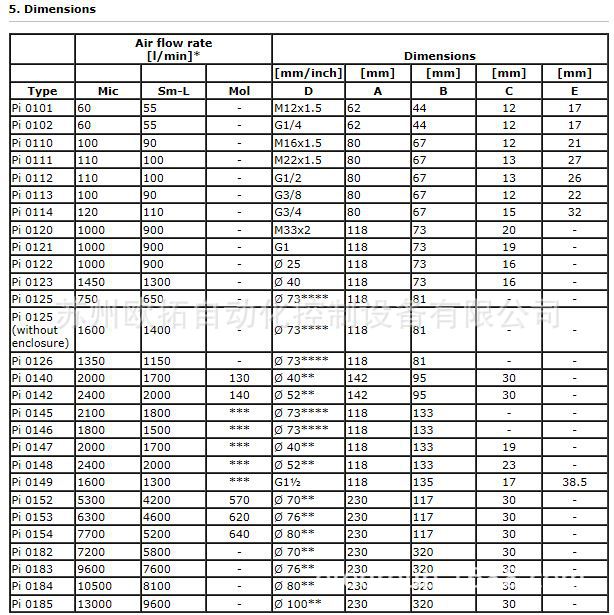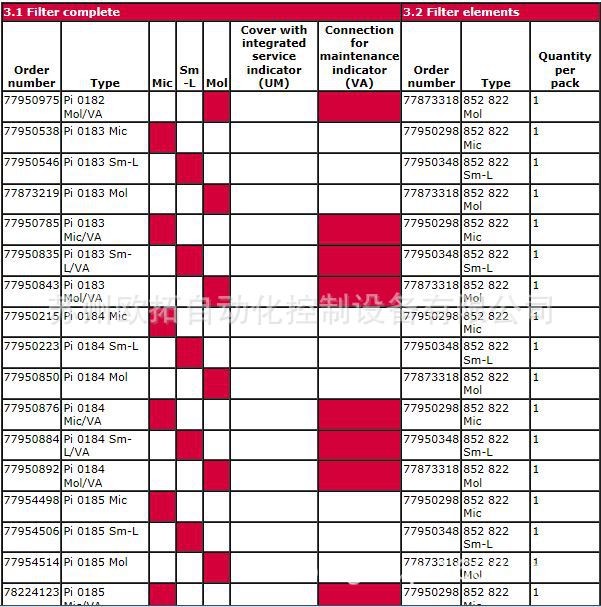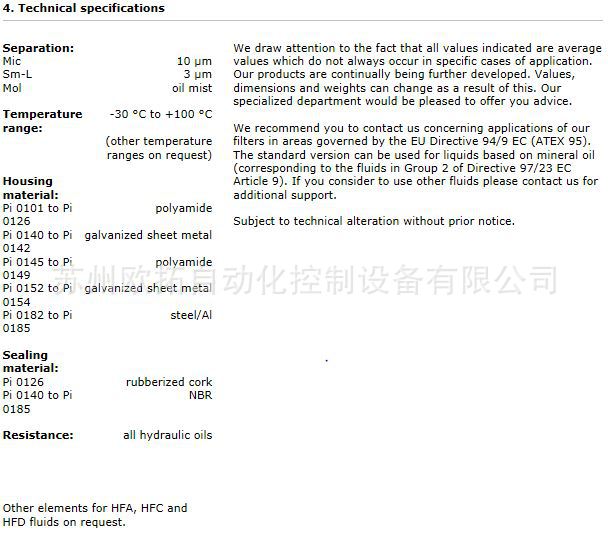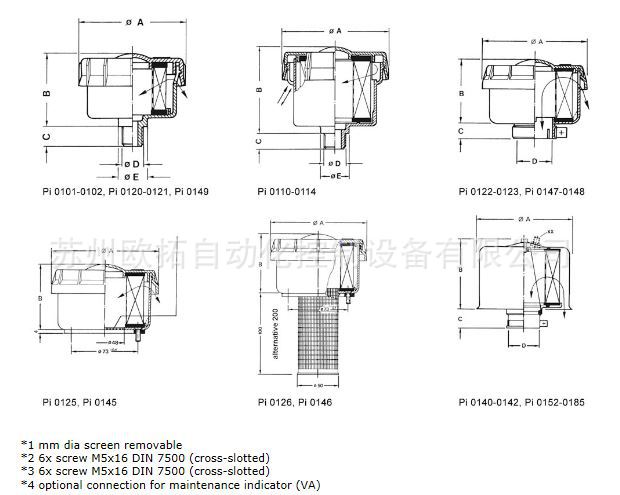

Engine Components
Extensive development expertise from the market leader
Increasingly complex engines require intelligent, high-quality engine components. With extensive expertise in development, and one of the most comprehensive portfolios in the industry, MAHLE Industry is a partner to all leading engine manufacturers. We work closely with these manufacturers to develop new materials and new products: for more robust engines that are even more efficient. The optimization of existing components and systems plays an important role here. Our high-quality engine components are the driving force for powerful diesel engines used in the fields of power generation, marine applications, and railroad transportation, to name but a few.
Fuel treatment systems

Microorganism infestations in fuel and lubricant tanks (including bacteria, yeasts, molds, and algae) can occur with every filling of the tank, due to ventilation and contamination. Microorganisms can survive, grow, and reproduce only in the water phase of a medium. This unavoidably occurs during transport and storage, primarily due to condensation.The potentially severe consequences of an infestation: loss of quality of the diesel or lubricating oil. The microorganisms and their metabolic products clog filter elements, diesel, and oil lines, as well as water separators and injection pumps. Even tank walls and pipe work can be destroyed."Water concentration" is thus the deciding factor that must be reduced. This is possible using a permanent fuel and lubricant treatment that prevents the water concentration from exceeding 60 ppm.
MAHLE fuel and lubricant treatment systems can be used any medium distillate, such as diesel fuel, light heating oil, marine diesel oil (MDO), and lubricating oil. They offer the most efficient and economical solution for the contaminants that are typical for these media (solid and suspended particles such as dust, sediment, and rust or water).Combined filter-coalescers of various ratings are available for the first phase, allowing optimized adaptation to the technical requirements of the application. As an option, a downstream separator membrane can be used to reduce the water content to 20 ppm of free water, in order to prevent microorganism infestation, which can start at about 60 ppm. For severe solid contamination, the filter-coalescer is also available in a two-phase version, where an upstream filter can be replaced independently of the coalescer.
Ballast water treatment system

The OPS Ocean Protection System makes ballast water management simple, fast, and inexpensive. The technology produces outstanding results with low technical effort and compact construction.Ballast water is treated immediately upon intake. The primary challenge is eliminating the tiniest organisms.For this reason, MAHLE Industriefiltration decided on a combined method for its OPS ballast water system, which is based on precision tuning of three system phases: the 1st and 2nd phases provide exceptionally fine filtering, so that low-pressure UV radiation can be used to reliably destroy or disable even the smallest organisms in the 3rd phase.
An overview of the 3 phases:
- 1st phase: powerful prefilter
- 2nd phase: continuous filtration
- 3rd phase: efficient UV sterilization
Oil separator
Bilge water treatment is an environmental technology, and as such must meet the strict requirements of international laws. Any discharge of untreated bilge water into the ocean is prohibited, and carries stiff financial penalties, especially in protected areas. The MARPOL regulation that is currently in force allows discharge into international waters only up to a residual oil content of 15 ppm. Some national, regional, or local regulators require even lower levels of residual oil.
Resolution MEPC.107(49) from the IMO (International Maritime Organization) defines the performance requirements for bilge water treatment systems on ships. MAHLE separation technology also conforms to the European MED (Marine Equipment Directive) 2002/75/EC. Many manufacturers of bilge water oil separators have met the requirements for approval under the various regulations, but a majority of their systems actually fail to meet the required separation refinement in practice.




